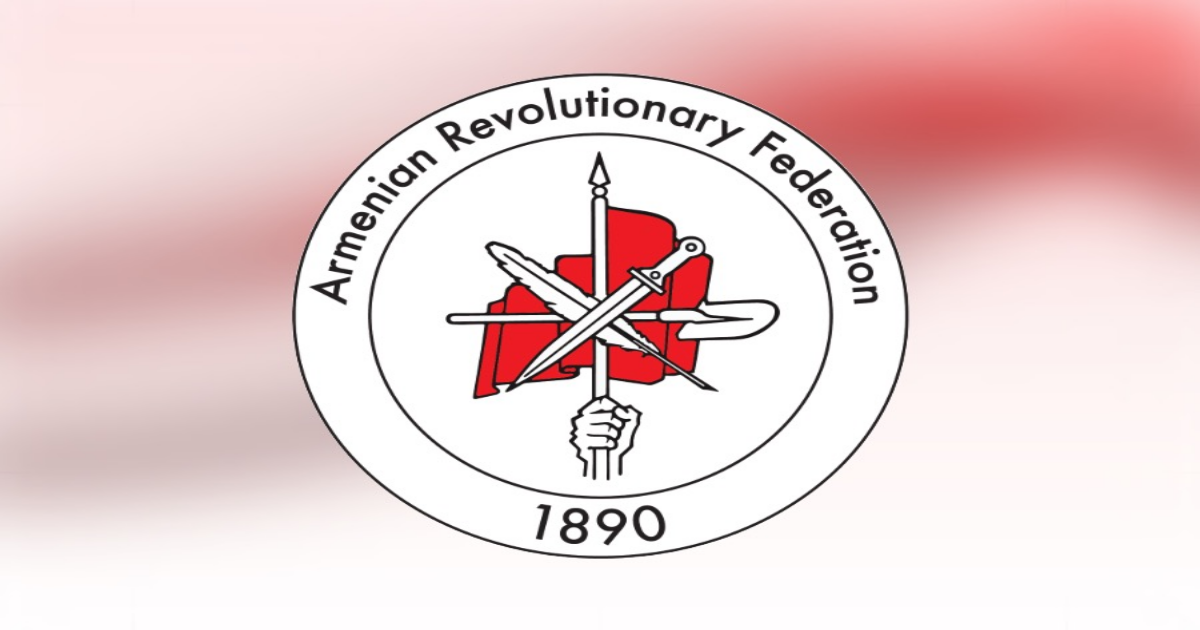The fact of the Armenian Genocide, as a crime committed against humanity and civilization, has been recognized by dozens of countries and international organizations. Meanwhile, Turkey continues to deny the Armenian Genocide, which constitutes a direct continuation of that crime.
Moreover, the unconditional military and political support provided by the Republic of Turkey to Azerbaijan led to the implementation of a genocidal policy of ethnic cleansing in Artsakh, with Turkey’s direct and indirect involvement. These actions fully correspond to the provisions of the 1948 Convention on the Prevention and Punishment of the Crime of Genocide, which defines the crime of genocide.
Based on the above and emphasizing the conventional obligations of international organizations and individual states in the prevention of genocides, the Central Council for the Armenian Cause of the ARF Bureau declares:
- As long as the Republic of Turkey continues its policy of denial, it remains an existential threat to the Republic of Armenia. Turkey aims to undermine Armenia’s independence, sovereignty and territorial integrity, and dismantle its security system. The ongoing blockade of the de facto interstate border subjects Armenia to additional economic and political pressure. Within the Turkish state apparatus, there is a lack of political will to engage in substantive and unconditional negotiations with the Republic of Armenia.
- The policy of denial of the Armenian Genocide pursued by the Turkish state is not merely a propaganda tool but a deliberate action with far-reaching political objectives. In this context, Turkey continues to be involved in genocidal actions against the Armenian people.
- Under these circumstances, the continuation of the process of international recognition of the Armenian Genocide and the internationalization of the ongoing genocidal actions against the Armenian people are matters of national security for the Republic of Armenia.
- The fight against the denial of the Armenian Genocide and international actions aimed at addressing the consequences of the Genocide are crucial for preventing future genocides against the Armenian people.
- It is essential that key players in international relations—both supranational organizations and individual states—closely monitor Turkey’s military-political behavior, assess its potential direct or indirect involvement in genocidal actions against the Armenian people, and take appropriate measures.
- Through the Declaration of Independence of the Republic of Armenia, and later through the Pan-Armenian Declaration on the Centennial of the Armenian Genocide, the Armenian people have, on at least two occasions, clearly outlined with broad consensus their guiding principles in the process of international recognition of the Armenian Genocide and the normalization of relations with Turkey. Moreover, on January 12, 2010, the Constitutional Court of the Republic of Armenia unequivocally upheld the irreversibility of the provision in the Declaration of Independence concerning the pursuit of international recognition of the Armenian Genocide in the context of Armenia-Turkey interstate relations.
- By setting new preconditions, the Republic of Turkey excludes the possibility of establishing normal relations with the Republic of Armenia based on mutual trust, reciprocity and equality.
- In cooperation with Azerbaijan, Turkey is pursuing a policy of the use of force or the threat thereof against Armenia. Under such circumstances, any unilateral concessions made by the authorities of the Republic of Armenia lack legitimacy.
- The targeted efforts of the Armenian Diaspora, as well as the political and community leaders within it, are important and valuable in the pursuit of international recognition of the Armenian Genocide and in raising awareness about its contemporary manifestations.
- The unfounded assessments made by the authorities of the Republic of Armenia regarding the history and current state of Armenia-Turkey relations are devoid of historical and political basis and legitimacy. These assessments directly contradict the well-known provisions of the Declaration of Independence of the Republic of Armenia and clash with our people’s spiritual and moral values.
- Statements made by the Armenian authorities directly serve the hostile propaganda aimed at downplaying the crime of the Armenian Genocide, further reinforcing the sense of impunity enjoyed by Turkey and its genocidal ally, Azerbaijan.
- The ethnic cleansing of Artsakh fully fits within the context of the Turkish policy aimed at displacing the Armenian people from their historical homeland, annihilating them and creating conditions incompatible with their continued existence. What happened in Artsakh was merely one manifestation of the materialization of the genocidal threat against the Armenian people. Therefore, for the Armenian people, the international recognition of the Armenian Genocide and steps toward the elimination of its consequences are of vital security importance, particularly in terms of countering Turkish expansionism and genocidal policies.
On the occasion of the 110th anniversary of the Armenian Genocide, as we commemorate the memory of our one and a half million canonized martyrs, we call upon our people—both in the Homeland and the Diaspora—to continue the struggle for the preservation of national identity, the strengthening of the Armenian state, the full protection and restoration of the rights of the Armenians of Artsakh, and more broadly, for the elimination of the consequences of the Armenian Genocide and the restoration of justice.
This is the difficult path toward true peace.
Armenian Revolutionary Federation (ARF) Central Council for the Armenian Cause
24 April 2025
